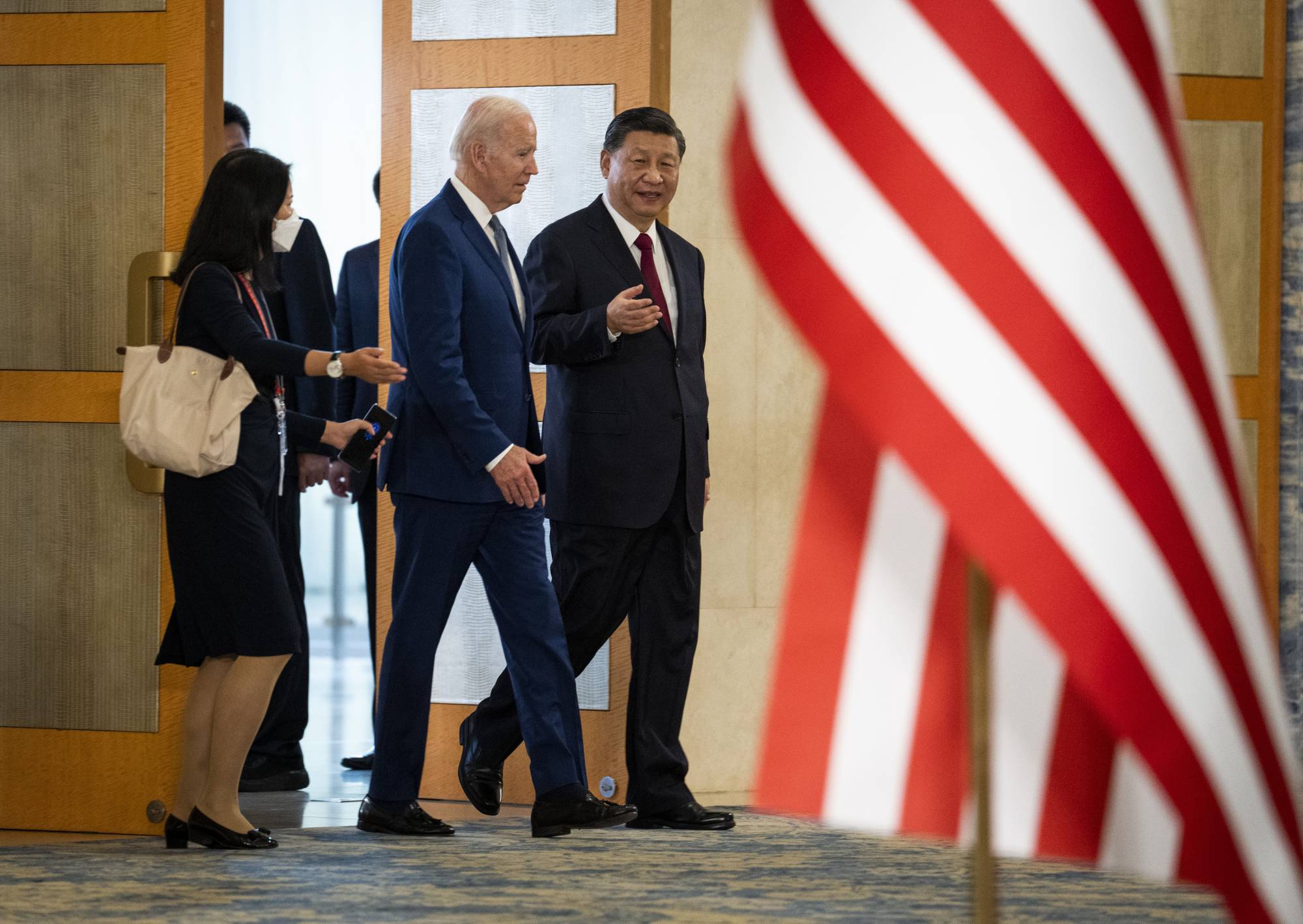With U.S.-China relations descending into dangerous territory, the leaders of the world’s two superpowers sought to clear the air and chart a new path forward in their first in-person summit meeting since U.S. President Joe Biden took office.
But while the “blunt” talks on Monday on the sidelines of the Group of 20 summit marked a positive — if modest — step forward, the million-dollar question is whether that momentum can be sustained, as key challenges remain.
“Washington and Beijing stated their desires not to have relations spiral out of control,” said Ian Chong, a professor of political science at the National University of Singapore, adding that Biden and Xi Jinping had recognized issues of common interest such as stabilizing the world economy, food security and the urgency of environmental issues, and agreed to exchanges.


















With your current subscription plan you can comment on stories. However, before writing your first comment, please create a display name in the Profile section of your subscriber account page.